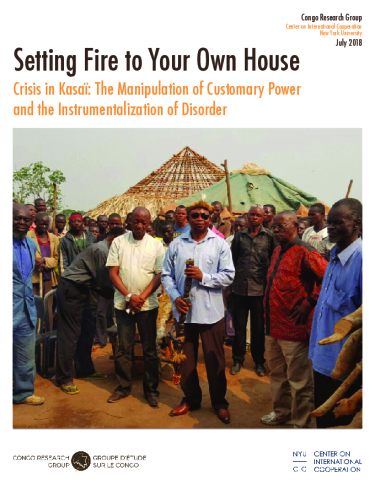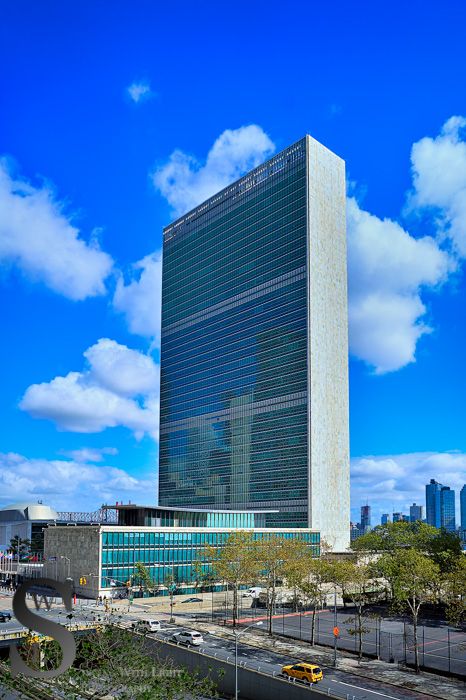Today, the Congo Research Group (CRG) is releasing a new report, Setting Fire To Your Own House: Crisis in Kasaï, the Manipulation of Customary Power and the Instrumentalization of Disorder.
You can find the web-report here, and download it here.
Since August 2016, the Kasaï region has seen one of the most dramatic escalations of violence in Congolese history. A localized struggle over customary power quickly spread across four provinces, fueled by resentment over economic and political marginalization. Within the space of a year, 1.4 million people were displaced and dozens of armed militias were formed. The Catholic Church counted 3,383 deaths due to conflict in the greater Kasaï region between October 13, 2016 and June 17, 2017 alone.
While the insurrection, dubbed Kamuina Nsapu, was extremely brutal, the government’s narrow and disproportionate military response compounded the crisis. Instead of seeking a negotiated solution to the grievances of a provocative customary chief, security forces killed him, then used extreme brutality to kill hundreds of ragtag combatants – many of them children armed with crude weapons – and civilians. The army and police then helped set up rival militias, which politicians at the national and provincial level supported. In contrast, there have been almost no sincere attempts by the government to address the root causes of the conflict or to seek its peaceful resolution.
While the conflict in the Kasaïs has diminished, levels of humanitarian suffering are still extremely high, and the potential for further violence, especially in Kasaï province, remains. It is difficult to envisage a comprehensive solution to these challenges, or to prevent further violence, without addressing national dynamics. The Congolese government will need to set up initiatives, backed by donors, to address customary conflicts and to reform traditional power structures. Efforts to break the economic isolation of the Kasaï provinces, and to promote inclusive dialogue should continue. Perhaps most importantly, government officials, including army officers, must be held accountable for fostering violence or using disproportionate force to quell it.



